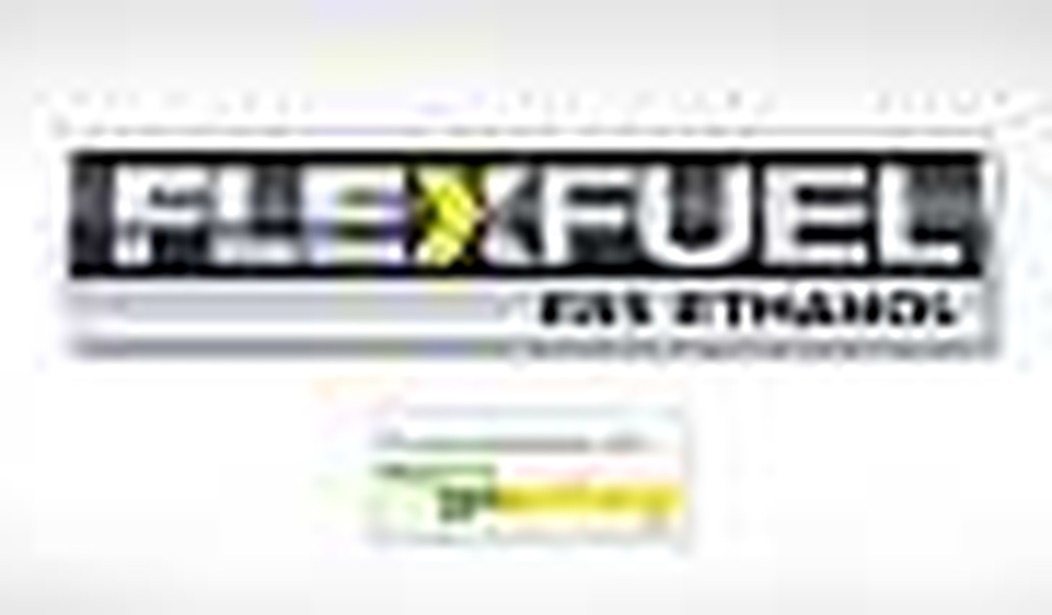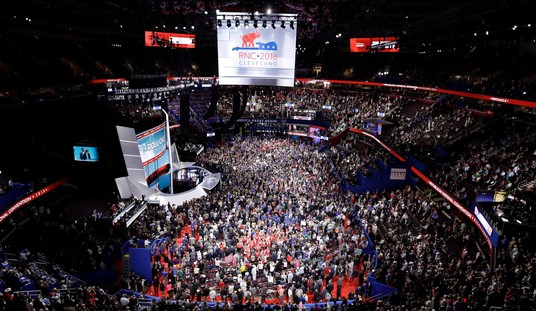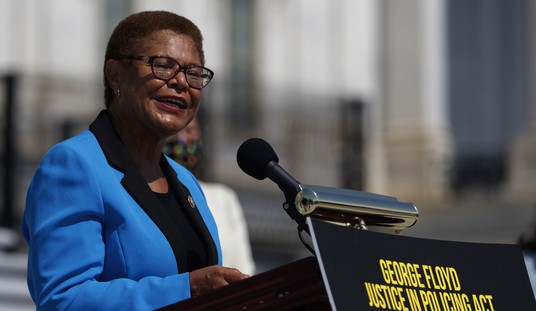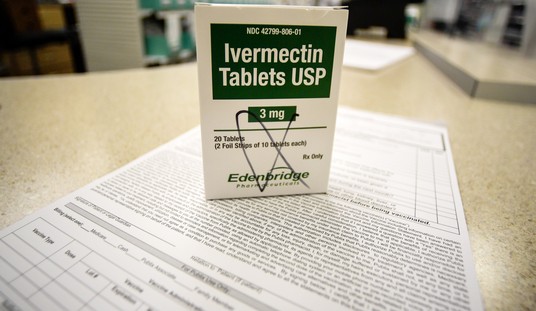In a speech given June 24, presumptive GOP presidential candidate John McCain unveiled his energy policy. The McCain program contained numerous elements, but the one that made headlines was his promise to offer a $300 million prize for the development of a battery that would “allow the leapfrogging of the current generation” of electric and plug-in hybrid cars.
Charles Lindbergh flew the Atlantic to win a prize, and other similar prizes helped to drive the development of aviation technology in the 1920s and 1930s. Going back further in time, the development of a workable longitude-determination technique was also successfully incentivized by the offer of a prize to the inventor.
Prizes have thus proven their worth as a method to motivate inventive effort in frontier areas. But batteries are a widely-used technology, and there have been huge amounts of private money invested every year for decades in ongoing programs to develop better ones. So the question must be asked; why offer a government prize to try to incite further such investment, when the much greater rewards offered by the commercial market for a better battery are so apparent?
More to the point, why focus on battery development at all as a major element of energy policy? With or without revolutionary batteries, there is no realistic prospect at all of electric or hybrid cars gaining a sufficient share of the American market — let alone worldwide car sales — on a time scale fast enough to do anything significant to stop the crushing of the United States by the Islamist-led oil cartel.
Let’s stop fooling around. This year the United States will import 5 billion barrels of oil. At $130/barrel, the bill for that will come to $650 billion, or more than five times the cost of the Iraq war. Add to that $400 billion the Americans will pay for domestic oil, and our total fuel bill this year will come to over a trillion dollars, and the world as a whole will pay $4 trillion. These petroleum costs are up a factor of twelve from what they were in 1999, and represent a huge highly-regressive tax on the world economy. For Americans, the $1000 billion oil levy is equivalent to a 40% increase in income taxes across the board – with sixty percent the sum being paid over in tribute to foreign governments.
Averaged over the US population of 300 million people, the $1000 billion OPEC tax levies a tribute amounting to $3300 per head — for every man, woman, and child in the country, or $13,300 for a family of four. The average American worker makes about $45,000 per year, or $35,000 after taxes paid to Uncle Sam. In 1999, such a worker supporting a family of four had to pay 3% of his disposable income for oil. Now Uncle Saud and Uncle Hugo are taxing him for over 38% of his take-home pay. Is it any wonder that such people are not buying houses? Such a massive drain of cash from the pockets of consumers must perforce collapse the real estate market — as well as that for many other kinds of consumer goods.
So, as a result of this massive tax increase — by far the largest in American history — the United States is being driven into a recession. Subjected to the same tax, Europe and Japan will follow, while poor third world countries who can afford high oil prices even less will be pushed towards starvation. And as the misery spreads, the Saudis and other OPEC potentates are putting together huge Sovereign Wealth Funds to execute takeovers of the western corporations their extortion forces into insolvency. Indeed, OPEC will clear $1.5 trillion in net export profits this year. The entire worth of the US Fortune 500 is $18 trillion. So at their current rate of looting, OPEC will accumulate enough cash to buy majority control of the entire Fortune 500 within 6 years.
This is a 5-alarm emergency. The oil crisis is not a matter of high fill-up prices, or even the loss of economic prosperity. Our independence is at stake. Under such circumstances, McCain’s proposals for battery prizes, enforcing CAFE standards, encouraging “zero-emission vehicles,” and even opening the east and west coast continental shelves to oil exploration, range from silly to, at best, marginally relevant.
Fortunately, however, there was one proposal that McCain put forward that could really make a difference. This was his call to require that all new cars sold in the USA be flex fueled.
Flex fuel cars can run on any combination of alcohol (including methanol and ethanol) or gasoline. The technology is readily available and it only costs about $100 per vehicle.
Making America a flex-fuel vehicle market would effectively make flex-fuel the international standard, as all significant foreign car makers would be impelled to convert their lines over as well. Within three years of such a mandate, there would be 50 million cars on the road in the USA capable of running on alternate fuels, and hundreds of millions more worldwide. Around the globe, gasoline would be forced to compete at the pump against alcohol fuels made from any number of sources, including not only current commercial crops like corn and sugar, but cellulosic ethanol made from crop residues and weeds, as well as methanol, which can be made from any kind of biomass without exception, as well as coal, natural gas, and recycled urban trash. Creating such an open-source fuel market would enormously expand and diversify humanity’s fuel resource base, protecting all nations from continued blackmail, robbery, and in some cases, starvation, induced by the oil cartel.
Methanol is selling today, without any subsidy, for $1.50/gallon on the spot market, equivalent in energy terms to gasoline at $2.80/gallon. Make cars that can choose between methanol and gasoline, and the power of OPEC to set high prices will be broken for good — everywhere in the world.
So break out the champagne. Amidst a pile of campaign nonsense, John McCain just set forth one policy that could save the nation.








Join the conversation as a VIP Member